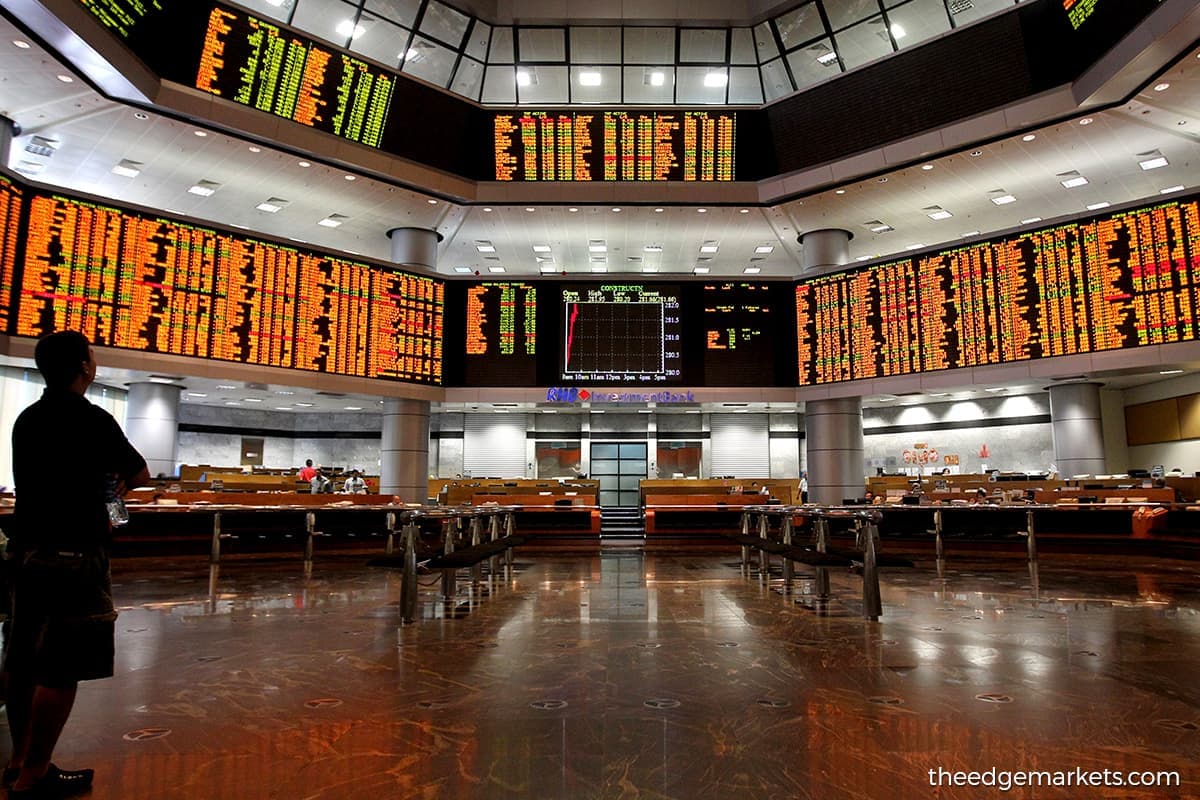
KUALA LUMPUR (March 27): Foreign holdings in the domestic equity market would decrease to an estimated 14.73% and an outflow of RM109.74 billion contingent upon that all active and passive non-strategic investors exit the market, according to a risk simulation by the Securities Commission Malaysia (SC).
The regulator made these three hypothetical scenarios to simulate the possible foreign shareholding in the event of a shock under its inaugural Capital Market Stability Review 2022 released on Monday (March 27).
On another scenario that if only active non-strategic investors, including central banks, governments, and pension funds exit the market, the SC said foreign holdings would decline to an estimated 17.21% and an outflow of RM65.19 billion.
As for the scenario that active non-strategic investors excluding central banks, governments, and pension funds exit, it said the foreign holdings remaining were estimated to be around 17.97% and an outflow of RM50.95 billion.
“However, the likelihood of the three extreme simulations occurring is low. Covid-19, as measured by the heightened volatility of equity trading from February to May 2020, only led to a total equity outflow of RM13.2 billion. In addition, there was sufficient liquidity in the market to facilitate trading activities in the event of any major selling,” the SC said.
According to the SC’s assessment, foreign holdings in the domestic equity market rose slightly to 20.58% or RM329.16 billion as of Sept 30, 2022, from 20.41% or RM364.27 billion as of end-December 2021. Out of the 20.58%, foreign non-strategic investors made up 31.32% or RM103.1 billion, while 68.68% or RM226.06 billion were held by foreign strategic investors.
Out of the total 31.32% foreign non-strategic investors, SC further categorised 59.14% or RM61.25 billion were from active foreign non-strategic investors, while 40.59% or RM41.85 billion were from passive foreign non-strategic investors.
“By type, 96.34% of foreign strategic investors were corporations, whereas the rest consisted of individual investors, government agencies, holding companies, and others," the SC said. Meanwhile, it said foreign non-strategic investors were mainly fund managers, hedge funds, and sovereign wealth funds, with the remaining being pension funds, insurance companies and others.
"Nearly half of the foreign non-strategic investors were from the US (43.99%), and their top three holdings were in banking counters,” the SC said.
After the US, the second top foreign non-strategic investors came from the UK at 14.8%, followed by Singapore at 13.12%, Norway at 7.46%, and Hong Kong at 3.34%.